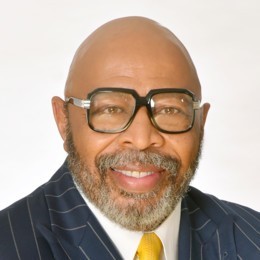Early during the COVID-19 pandemic, Congress and the federal government greatly expanded the social safety net by increasing weekly unemployment benefit amounts, extending the benefit period, and allowing workers that would typically not qualify for benefits to receive weekly payments. While many have blamed these expanded benefits for our current labor shortage, there has been little evidence that this is true. In states that ended expanded benefits prematurely, employment did not experience a significant boost. If this is the case, what barriers are the long-term unemployed experiencing? What is preventing their reentry into the labor market or into employment opportunities, even as employer demand surges?
To help answer these questions, Philadelphia Works surveyed the approximately 175,000 Philadelphia residents that continued to receive federal unemployment benefits when those programs ended in early September 2021.
Summary Findings:
- Two-thirds (67%) of survey respondents indicated that they remained unemployed after the expiration of federal unemployment benefits. The vast majority of these individuals reported that they were looking for employment.
- Health and safety concerns, wages, and perceived skill deficiencies were strong barriers to employment for survey respondents that were looking for work.
- For those no longer looking for work, health and safety was the most common theme in preventing their return to the labor force.
- Despite health and safety concerns, most respondents stated they were looking for on-site or in-person employment. Nearly one-third stated that they were only looking for in-person work.
- For respondents looking for work, the majority (60%) stated they were willing or very willing to switch to a new industry or field.
- For respondents that were employed, about 30% had found a new job during the pandemic. Half of those with new jobs reported that they had switched fields or industries.





